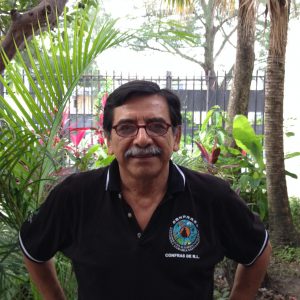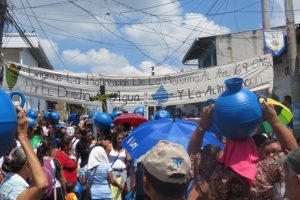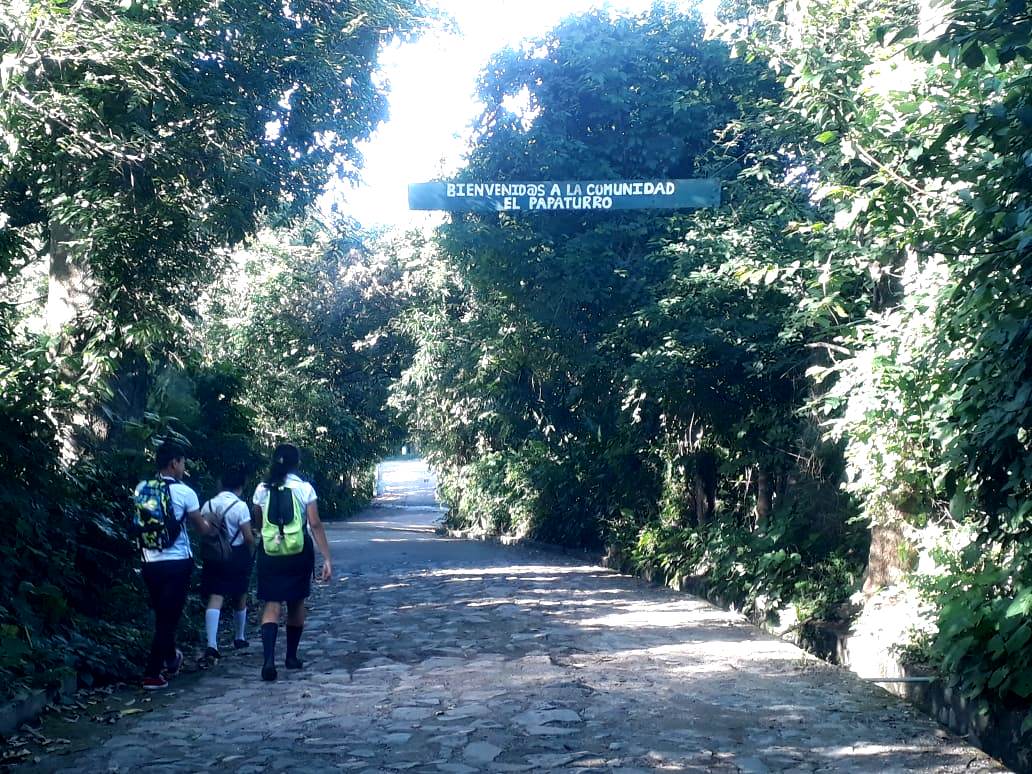Rights for Youth and Women
Girls should not be touched
The magistrates of the First Criminal Chamber concluded that Judge Eduardo Jaime Escalante did not commit the crime of sexual assault, despite the fact that it was documented the touching of the genital area of a child under 10 years old, because the facts indicated it took place on a “public road”, briefly, without violence and without confirming that the action affected the victim.
In summary, the magistrates conclude that there are indications of “unchaste touching”, but point out that because of the context in which it occurred, because of the mild event (and because an affectation could not be verified), this cannot be considered as a sexual assault
“(…) The invasiveness that involves a brief or instantaneous touch in the victim’s pubic region, in a busy, populous, residential place and taking advantage of a neglect of the victim, while he was playing with another child, and on his clothes , does not imply the degree of affectation sufficient to be able to consider the conduct as constituting the criminal type described in Art. 161 Pn. (sexual assault on a minor and incapable person) ”, reads the resolution to which El Faro had access.
…
According to the magistrates, being an action that took place in the light of day, in a busy place and with people around, Judge Escalante could not have committed the crime of sexual aggression but something more similar to an “offense” against good manners. and decorum.
…
Jaime Eduardo Escalante was a magister of the Third Chamber of Peace.
The girl’s mother has now left El Salvador with her children because of threats.
El Faro managed to contact a relative of the victim and he confirmed that they fleed. With his help, this newspaper contacted the girl’s mother by video call, whom we will call Julia. She tells, from another country, that they left because one night in June two men knocked on her house’s door. She asked who it was, but nobody answered. The men insisted again and Julia, without measuring danger, opened. She says she couldn’t see the faces of the aggressors, because it was very dark, but she does remember their threats. One of them told her not to continue the process against Judge Escalante because, otherwise, the threat “was going to go further.” At the end of that sentence the man clenched his fist and directed it hard towards her face.
…
This is the second time they have migrated. The first time they were deported.
Since the case was known, Julia complained that she had not received an offer of protection from the Prosecutor’s Office. The Prosecutor’s Office assures that a safe house was offered, but that the girl’s mother did not accept.
In a National Council for Children and Adolescents (CONNA) document, the institution has initiated an “administrative protection procedure in favor of the girl and her teenage brother”. The protection, however, was not for the Escalante case, but to protect these children from a mother who could try, again, to take them out of the country. CONNA even says that Julia had a behavior that “could be considered negligence in the care of her children” for having exposed them to irregular migration. The institution also asked her to present proof of their school enrollment to show that she had given up her intentions.
According to CONNA, Julia endangered her two children when she left the country, but they also pointed out that this was the responsibility of the State because it did not provide the basic conditions to prevent migration. “That this board of directors believes that such behavior … can be considered negligence because she took their children illegally. The State is responsible in the understanding that this is the one who must provide the necessary tools so that children, adolescents, men and women can fully develop and do not seek well-being in another country, ”says the document.
…
The Prosecutor’s Office maintains that despite the fact that the victim is no longer in the country, they will continue with the case, which is now in the appeal stage before the Criminal Chamber, which can ratify the resolution of the House for a peace court to process an accusation for an “offense”, or to send this process to the second Chamber of the criminal court. “In this specific case we have advances of evidence such as the testimony of the victim, who is the girl, because she is the one who knows and confirms the facts,” says one of the prosecutors in the case.
Read the entire articles(in spanish) here and here.




